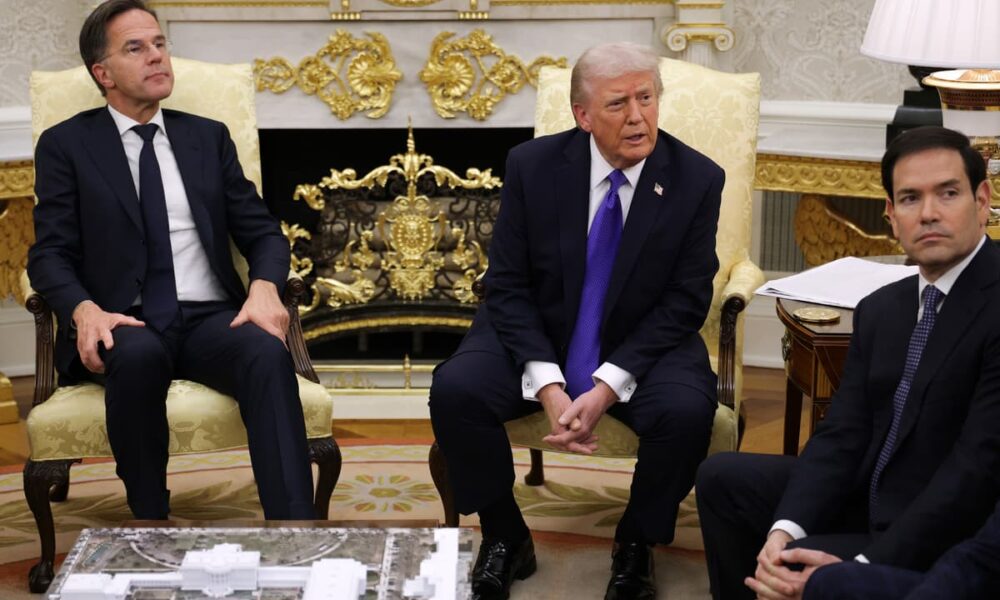President Donald Trump announced new sanctions targeting Russia’s two largest oil-exporting companies, Lukoil and Rosneft, as tensions between the United States and Russia escalate. In response, President Vladimir Putin expressed confidence about the sanctions’ impact, stating they would have “certain consequences, but they will not significantly affect our economic well-being.” Trump, addressing reporters at the White House, remarked, “That’s good. I’ll let you know about it in six months from now.”
The sanctions come as reports indicate that both India and China, which collectively account for three-quarters of Russia’s oil exports, are moving to reduce their purchases. Analysts predict that by the end of the initial transition period, India may cease its imports entirely, while China could cut its purchases by half. This reduction would significantly impact Russia’s oil revenue, which has already seen a drop of 21 percent compared to the same period last year.
Economic Ramifications of the Sanctions
These sanctions mark the first major action taken by the Trump Administration against Russia since it began its military operations in Ukraine. The decision appears to reflect Trump’s frustration with Putin, especially after Russia expressed disinterest in reaching a ceasefire ahead of their planned peace talks in Budapest next month. Following this revelation, Trump announced the cancellation of the summit, while Putin described it as “postponed.”
Trump explained the timing of the sanctions as “good,” noting current low inflation levels in the United States, which allows for more aggressive economic measures without immediate domestic consequences. The Biden Administration had previously sanctioned Russia’s third- and fourth-largest oil exporters but left Lukoil and Rosneft untouched, fearing that such moves could exacerbate inflation in an election year.
In response to the sanctions, the price of Brent oil increased by five percent, reaching $62 per barrel. Nevertheless, this surge occurs within a broader context of declining oil revenues for Russia, which largely depend on taxes from oil and gas production, accounting for approximately 25 percent of government revenue. With mounting economic pressures, the Kremlin has reportedly drawn heavily from its sovereign wealth fund, which has diminished significantly since the onset of the conflict.
International Cooperation and Responses
Recent developments indicate a growing alignment between the United States and Europe regarding sanctions against Russia. British authorities have already imposed sanctions on Lukoil and Rosneft, while the European Union has approved measures to phase out purchases of Russian liquefied natural gas by the end of next year. Since the beginning of the conflict, Europe has reduced its energy imports from Russia by 90 percent.
The ramifications of these sanctions have drawn sharp responses from Russian officials. Dmitry Medvedev, former president and current deputy chairman of Russia’s Security Council, characterized the U.S. actions as an “act of war.” He stated, “The United States is our adversary,” suggesting that Trump’s sanctions align him with European nations that have also taken a strong stance against Russia.
Looking ahead, tensions continue to escalate as Trump has hinted at potentially supplying Tomahawk missiles to Ukraine, prompting a warning from Putin of a “very serious, if not overwhelming” response. Meanwhile, Ukraine has reportedly been conducting missile strikes on Russian oil facilities, claiming these actions contribute to Russia’s economic pressures.
As the situation evolves, the impact of Trump’s sanctions on Russian oil exports will likely unfold over the coming months. The international community watches closely as both India and China navigate their energy needs amidst shifting geopolitical landscapes.







